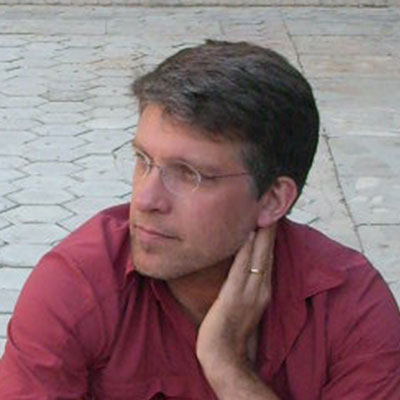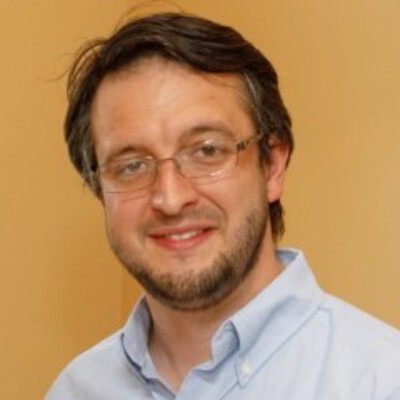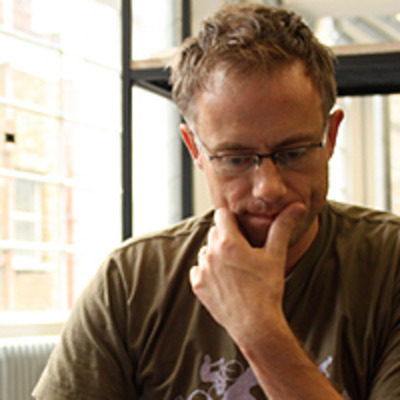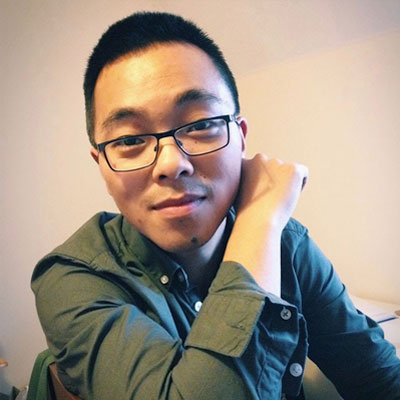ARCIDUCA Team
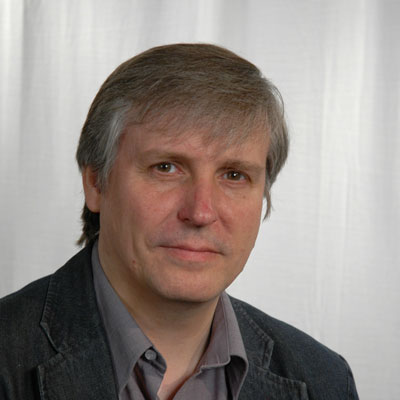
Richard Bartle, Co-PI
rabartle@essex.ac.uk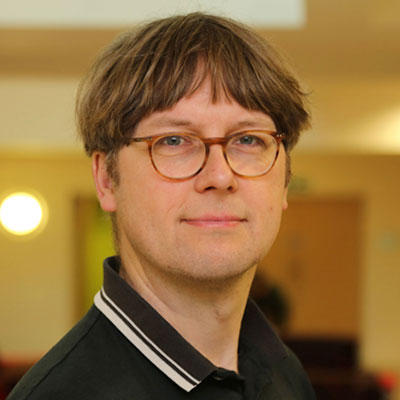
Udo Kruschwitz, Co-PI
udo.Kruschwitz@ur.deI am a member of the Language and Computation Group (LAC) at Essex (most recent 16th LAC Day: 5th October 2017; earlier events:15th LAC Day 2016, 14th LAC Day 2015, 13th LAC Day 2014, 12th LAC Day 2013, 11th LAC Day 2012, 10th LAC Day 2011).
My research interests are in natural language processing (NLP), information retrieval (IR) and the implementation of such techniques in real applications. The intelligent directory enquiry assistant (YPA) project is an example (going back quite a few years now ...) where the extraction of information from partially structured data together with engineering issues played major roles in making the YPA a usable online system.
I am developing techniques that allow the extraction of conceptual information from document collections and the utilization of such knowledge in retrieval tasks. The type of documents can range from Web pages to newspaper articles or other forms of vaguely/partially structured data. For an example application that we had in place with BT's mobile workforce have a look at our log analysis study.
